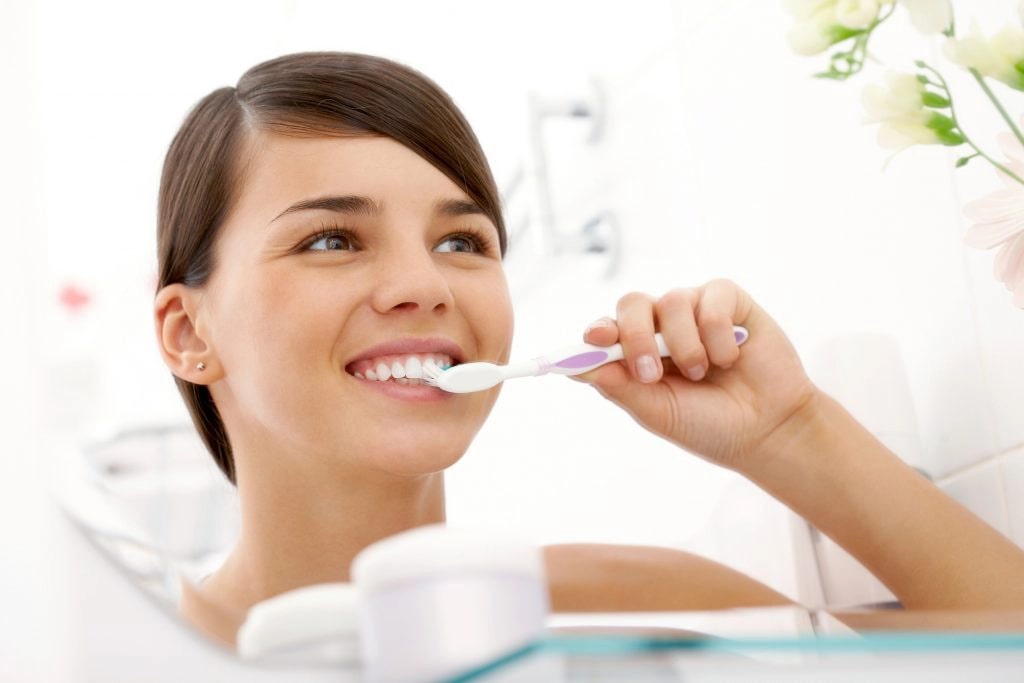No one wants to get a tooth pulled, but sometimes it is the best and healthiest alternative. Necessary tooth extractions are common, safe, and nearly painless. Like any medical procedure, though, extractions can be stressful and take a toll on your body. To ensure you recover quickly and completely from tooth extractions in Lethbridge, here are some key points to keep in mind in the days following the procedure.
How to control bleeding
After the extraction, your dentist in Lethbridge will place gauze over the gap in your jaw after ensuring a blood clot has formed in the empty socket. Many of the instructions your dentist’s staff will give you — and these tips — are designed to preserve that blood clot and avoid a painful condition called dry socket.
A small amount of blood on the day after an extraction is normal. To control heavier bleeding, place pressure on the gauze by biting gently but firmly. You can also bite down on a regular tea bag if there is quite a bit of blood. Tea contains tannic acid that will help your body to form and sustain that vital clot.
How to minimize pain
You can reduce inflammation and pain by using cold compresses and by keeping your head elevated as you lay down. In addition, pain after tooth extraction can usually be treated effectively with over-the-counter pain medications such as ibuprofen. If you have concerns about pain or the use of pain medications, discuss them with your dentist while developing your treatment plan.
How to reduce swelling
You can buy cold compresses at most drug stores, or make one by placing ice cubes in a plastic bag wrapped in a clean towel. You can also wrap a small bag of frozen peas in a clean towel for the same effect. Apply that cold pack to your cheek for 10 minutes, then remove it for five, then repeat as often as necessary.
How to speed up recovery
One significant key to recovering quickly and completely seems simple — rest. On the day of your extraction and the next day, avoid work and any physical activities. Try to stay as still as possible while resting and, if when sleeping, keep your head elevated on a second pillow.
Three tips for healing faster
- Drink plenty of fluids (not too hot or cold) and, when you’re ready to eat, eat soft and healthy foods like yogurt and fruit smoothies (not too cold)
- For the first couple of days after your extraction, do not brush around the site of the extraction but do brush the rest of your teeth carefully and gently. For a couple of days, don’t use any toothpaste. To preserve your blood clot, rinse very gently, and avoid spitting.
- Approximately 12 hours after your extraction, begin rinsing your mouth four times daily using warm (not hot) salted water. Add one teaspoon of salt to a glass of warm water. Rinse gently and avoid spitting.
Four ways to delay your recovery
No one wants to delay their recovery. In the days after going through tooth extractions near you, avoid the following things:
- Drinking with a straw. The suction can dislodge that vital clot.
- Drinking anything hot. The heat will increase swelling.
- Drinking alcohol. Alcohol slows healing
- Smoking can degrade the blood clot and result in a painful dry socket.
When to call your dentist
Some bleeding, swelling, pain, and soreness for the first day or two after an extraction is normal. However, you should call your dentist to update them on your situation and to get their recommendations if you experience any of the following: pain or swelling that gets worse rather than better; bleeding that you can not get under control; any itching or rashing you experience after taking medication; the development of any fever.
How to heal tooth extraction faster? Tooth extractions in Lethbridge are common, safe, and — with some attention to these guidelines — complication-free. Be sure to ask any questions you have in advance of the procedure, and don’t hesitate to contact us about any issues you experience during your recovery.
